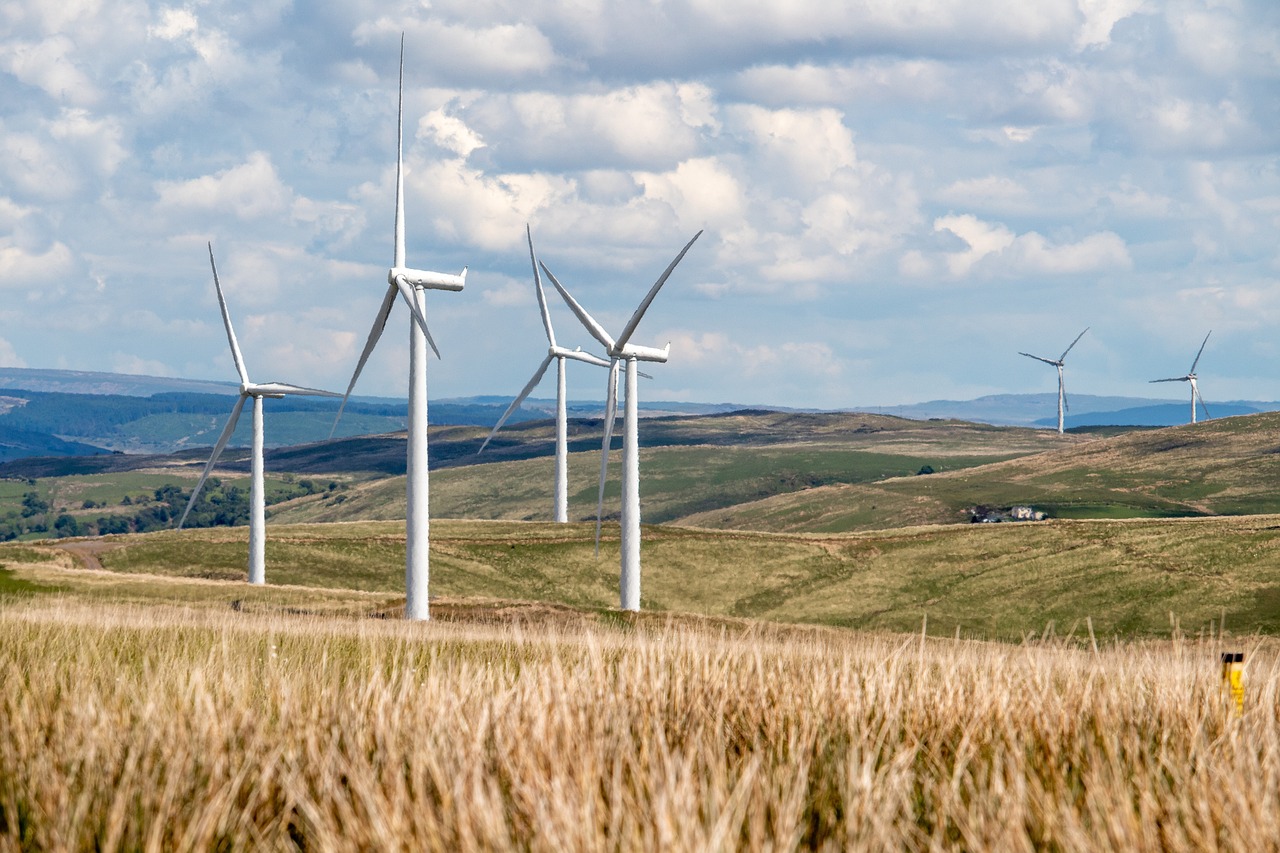As concern for the environment and the long-term impacts of global warming continues to grow, many homeowners and prospective buyers in the UK property market are shifting their focus towards energy-efficient and sustainable homes. Adapting to this change will not only benefit the planet, it can also reduce the costs of running a home, and increase its overall value and appeal in the market. In order to successfully maximise your property’s energy efficiency and sustainability, it is vital to understand various eco-friendly improvements and modern green technologies, which can be implemented progressively or as part of a larger renovation project. Collaborating with an experienced estate agent can provide invaluable guidance and expertise in navigating the increasingly complex world of green home improvements and sustainable living.
An estate agent comparison website can help you find the perfect estate agent who can advise and guide you on implementing energy-efficient measures, and identifying the best sustainable technologies to enhance your property’s green credentials within the UK property market.
In this article, we will explore the various ways in which you can improve your home’s energy efficiency and sustainability, along with the most popular eco-friendly technologies and materials currently available in the market. We will discuss the benefits of reducing energy consumption, increasing insulation, utilising renewable energy sources, and incorporating sustainable materials into your property’s construction or renovation. Furthermore, we will highlight the importance of partnering with professional estate agents who possess the knowledge and experience to assist you in exploring environmentally friendly options for your home, ensuring you make the most well-informed decisions and transform your property into a comfortable, sustainable, and future-proof living space.
Reducing Energy Consumption
Reducing energy consumption in your home is a key aspect of improving your property’s energy efficiency and sustainability. Here are some practical ways to reduce energy use:
1. Upgrade to energy-efficient appliances: Replace older appliances with energy-efficient models, ensuring lower energy consumption and contributing to a more sustainable lifestyle.
2. Install a smart thermostat: A smart thermostat can help regulate your home’s temperature more efficiently, reducing heating and cooling costs while maintaining optimal comfort levels.
3. Utilise energy-saving light bulbs: Opt for LED or CFL lighting which consumes less energy and lasts longer than traditional incandescent bulbs.
Enhancing Insulation and Air-Sealing
Proper insulation and air-sealing directly impact your home’s energy efficiency by reducing the loss of heated or cooled air, ultimately reducing energy costs:
1. Insulate walls, ceilings, and floors: Ensure your home’s walls, ceilings, and floors are well-insulated to minimise heat transfer and keep your home at a comfortable temperature.
2. Seal windows and doors: Apply weatherstripping and caulk to windows and doors, preventing drafts and reducing energy waste.
3. Insulate hot water pipes: Insulating hot water pipes can help minimise heat loss, reducing water heating costs and improving energy efficiency.
Incorporating Renewable Energy Systems
Investing in renewable energy systems can significantly reduce your reliance on fossil fuels, cutting your energy costs and contributing to a more sustainable future:
Solar panels: Solar panels harness the sun’s energy, converting it into electricity to power your home, with excess energy often being fed back into the grid.
Ground-source heat pumps: Ground-source heat pumps extract natural heat from the ground, providing an eco-friendly and cost-effective heating solution for your home.
Wind turbines: Installing a small-scale wind turbine on your property can generate electricity and reduce your dependence on conventional energy sources.
Using Sustainable Materials
Incorporating sustainable materials in the construction or renovation of your home can increase its eco-friendliness, ensuring long-lasting benefits for both your property and the environment:
1. Sustainable timber: Opt for Forest Stewardship Council (FSC) certified timber, which is sourced from responsibly managed forests and provides a renewable alternative to non-sustainable building materials.
2. Recycled materials: Using recycled materials such as reclaimed wood and recycled metal can reduce your carbon footprint and contribute to a circular economy.
3. Green insulation: Choose eco-friendly insulation materials like cellulose and sheep’s wool, which are more sustainable and biodegradable than traditional insulation products.
Enhancing your property’s energy efficiency and sustainability is an increasingly important aspect of the UK property market, providing numerous benefits such as reduced costs, increased property value, and a reduced environmental impact. By focusing on reducing energy consumption, improving insulation and air-sealing, incorporating renewable energy systems, and utilising sustainable materials, you can create a comfortable, environmentally friendly, and future-proof home that appeals to a growing number of eco-conscious buyers and tenants.
To ensure success in your green home journey, consider partnering with an estate agents who can provide valuable insights, guidance, and expertise in making the best eco-friendly choices for your property. By utilising Netanagent, you can easily find a professional estate agent who specialises in sustainable properties and can expertly guide you in maximising energy efficiency and sustainability within the UK property market.

